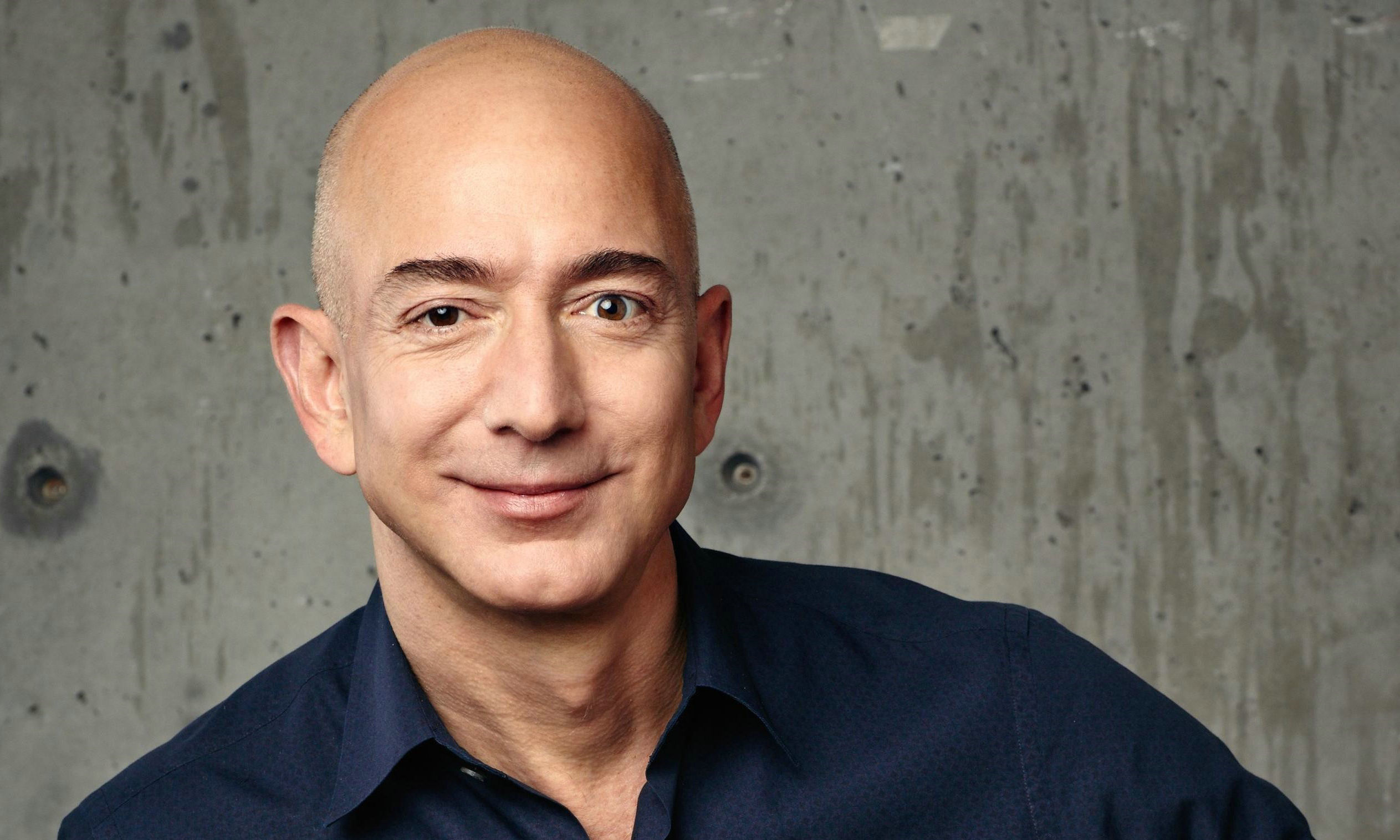"If everything you do puts long-term value first, then many short-term problems will naturally be solved." - Jeff Bezos, the founder and CEO of Amazon. This sentence, like a key, unlocks our understanding of how this tech giant, guided by long-termism, innovates and transforms to create the world's largest e-commerce platform and has a profound impact on the business world.
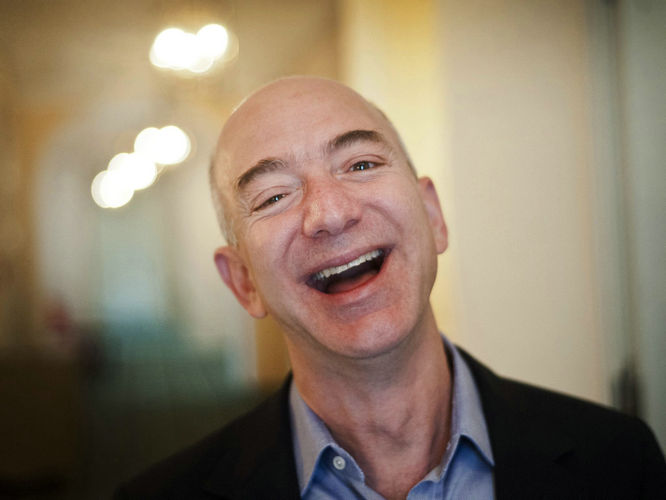
I. From Wall Street Elite to E-commerce Pioneer
1. The Awakening of the Wall Street Elite: Discovering the Infinite Possibilities of the Internet
In 1994, Jeff Bezos was already a financial talent with a million-dollar annual salary on Wall Street in New York. However, when he came into contact with the emerging thing of the Internet, he keenly realized the infinite business opportunities it contained. He saw that the Internet could eliminate geographical restrictions and greatly improve the efficiency of information circulation, which would surely have a profound impact on traditional retail. So, he resolutely resigned from his high-paying position and threw himself into the tide of Internet entrepreneurship, and Amazon was thus born.
2. From "The Largest Bookstore on Earth" to the Global E-commerce Giant
In the early days of Amazon's founding, it was positioned as "the largest bookstore on earth". Jeff Bezos firmly believed that through the Internet, consumers could browse and purchase a massive amount of books anytime and anywhere, enjoying an unprecedented convenient shopping experience. Facts have proved that his judgment was extremely accurate. In just four years, Amazon successfully went public with a market capitalization of more than 1 billion US dollars, becoming the world's largest online bookstore.
However, Jeff Bezos did not stop there. He expanded Amazon from a single book sales platform to a comprehensive e-commerce platform, covering various types of goods such as electronic products, household items, clothing and apparel, etc., to meet the diverse needs of consumers. Today, Amazon has become the world's largest e-commerce platform, with more than 300 million annual active users and a market capitalization of more than 1 trillion US dollars.
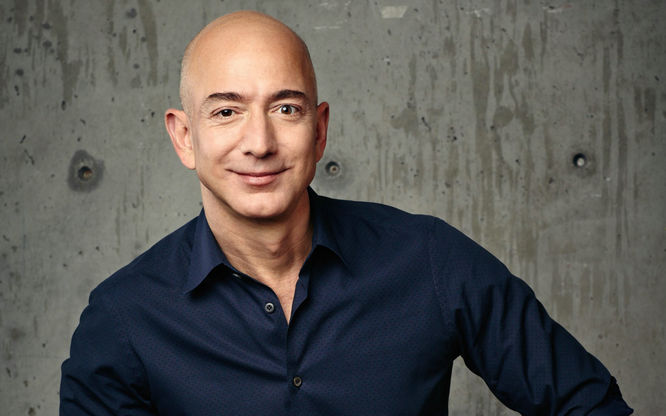
3. The Innovation Engine: Prime Membership, Kindle and AWS
Jeff Bezos deeply understands the key role of innovation in the continuous development of enterprises. He launched the Prime membership service, providing privileges such as free and fast delivery and streaming media entertainment, successfully increasing user stickiness and consumption frequency. According to statistics, as of 202¾, there have been more than 200 million Prime members globally, and their consumption amount is more than twice that of non-member users.
In addition, Jeff Bezos also led the e-reading revolution by introducing the Kindle e-reader, putting millions of books into the pockets of consumers. Currently, Kindle has sold tens of millions of units globally, greatly promoting the development of the digital publishing industry.
What is even more remarkable is that Jeff Bezos proactively laid out cloud computing and launched AWS (Amazon Web Services) in 2006. Today, AWS has become the world's largest cloud service platform, serving millions of enterprises and generating annual revenues of more than 400 billion US dollars, completely changing the global IT industry landscape.
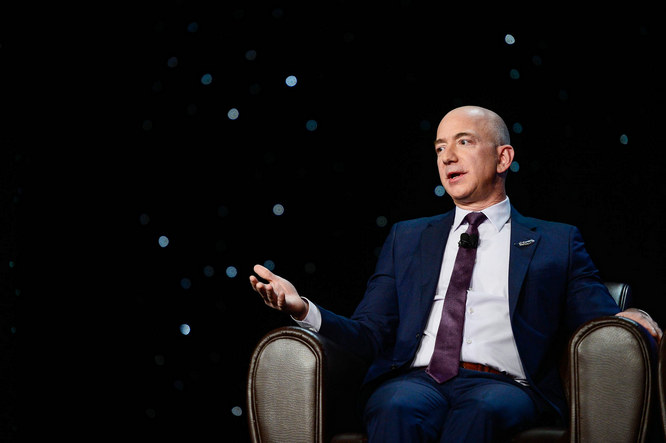
II. Data-Driven, Creating an Intelligent Business
1. The Eye of Data: The Golden Key to Insights into Consumer Needs
In Jeff Bezos' view, data is the key to understanding consumer needs and optimizing service experience. He promoted Amazon to establish a powerful data analysis system, collecting and processing massive amounts of data such as users' shopping behaviors, search preferences, and feedback evaluations in real time. Through in-depth mining of these data, Amazon can accurately depict user profiles and predict shopping trends, thereby providing personalized recommendations and enhancing user satisfaction.
For example, Amazon's "thousands of people with thousands of faces" homepage recommendation presents a highly customized list of goods based on users' historical shopping records and browsing behaviors, effectively improving the conversion rate. According to statistics, personalized recommendations have brought Amazon as much as 35% of sales.
2. The Power of Data: The Secret Weapon for Optimizing Operational Efficiency
Jeff Bezos firmly believes that data can not only enhance the user experience but also drive a significant improvement in operational efficiency. He promoted Amazon to build a data-driven supply chain management system, through real-time monitoring of sales data, inventory situation, logistics dynamics, etc., to achieve refined inventory management, accurately predict hot-selling goods, and prepare goods in advance to the nearest distribution center to ensure rapid delivery of "next-day delivery" or even "same-day delivery".
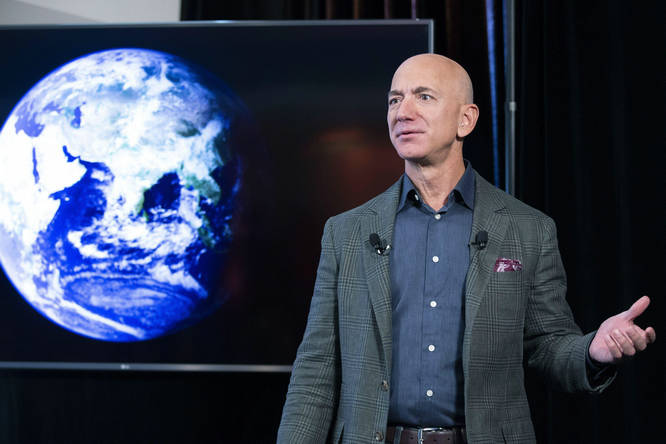
In addition, Amazon's data-driven decision-making is also reflected in the pricing strategy. By analyzing factors such as competing product prices, market demands, and cost changes, Amazon can dynamically adjust product prices to maintain a competitive advantage while ensuring maximum profit. This refined pricing strategy has enabled Amazon to always maintain a leading position in the highly competitive e-commerce market.
3. The Wisdom of Data: Opening a New Era of Cloud Services and AI
Jeff Bezos deeply understands the importance of data for the digital transformation of enterprises. He led Amazon to launch AWS (Amazon Web Services) to provide global enterprises with comprehensive cloud services including data storage, computing, and analysis, helping enterprises easily access, manage, and utilize data and accelerate the digital process. Today, AWS has become the largest cloud service platform in the world, serving millions of enterprises with an annual revenue of more than 400 billion US dollars.
At the same time, Jeff Bezos actively laid out in the field of AI, using big data to train machine learning models to empower various business links of Amazon. For example, Amazon's intelligent voice assistant Alexa, by learning users' voice instructions and interaction habits, continuously improves the accuracy of voice recognition and the naturalness of the conversation, providing users with a convenient smart home experience. Currently, Alexa has been applied to hundreds of millions of devices and has become one of the most popular intelligent voice assistants in the world.
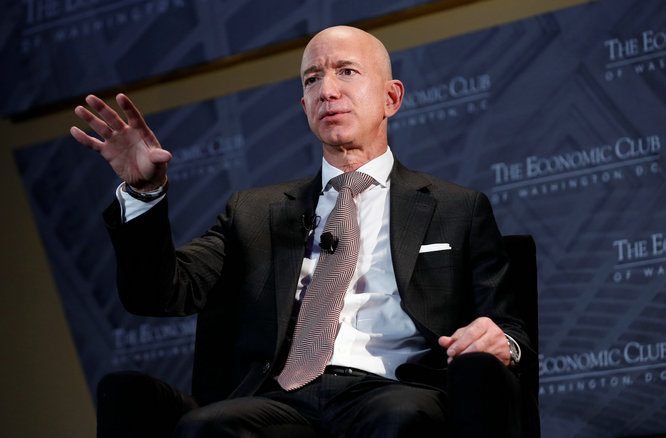
4. In-depth Analysis: The Business Philosophy of Data-Driven
Jeff Bezos' intelligent business strategy reflects his profound understanding and efficient use of data value. He regards data as the core competitiveness of the enterprise and believes that "data should be regarded as the oxygen of the enterprise", and integrates it into every decision-making process of the enterprise. His famous saying, "If you can't measure it, you can't improve it", accurately expounds the importance of data-driven decision-making.
III. In-depth Analysis: Jeff Bezos' Innovation Philosophy
1. The Everlasting Innovation Engine: From Bookstore to Store of Everything
Bezos' innovation journey began with a bold vision: to bring physical bookstores onto the Internet. In 1994, he founded Amazon and took online book sales as a breakthrough, breaking the time and space limitations of traditional retail. However, Bezos did not stop there. He firmly believed that "your profit is my opportunity" and continuously expanded the category boundaries, developing Amazon from a single online bookstore to a "store of everything". Today, Amazon sells over 120 million types of goods, covering many fields such as electronic products, household items, and fresh food, completely changing consumers' shopping methods.
2. Customer First: Innovation Originates from the Ultimate Pursuit of Customer Needs
Bezos' innovation philosophy is deeply rooted in the concept of "customer first". He believes that "the customer is always right" and uses this as a principle to drive Amazon to continuously innovate and enhance the user experience. For example, the launch of Amazon Prime membership service, with multiple benefits such as free shipping, streaming media entertainment, and priority purchase rights, has greatly enhanced user stickiness. According to statistics, there are already more than 200 million Prime members globally, and their consumption amount is more than twice that of non-members.
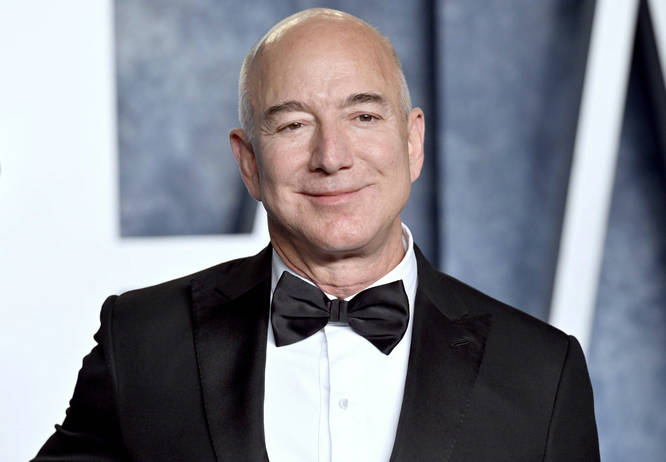
3. Working Backwards: Starting from the Future and Working Backwards to the Present
The "Working Backwards" advocated by Bezos is one of the cores of his innovation philosophy. This method requires the team to first envision the press release after the product achieves success in the future and then reverse-plan the implementation path. This way of thinking backwards from the goal allows Amazon to always maintain a clear direction in the innovation process, avoiding the temptation of short-term benefits and focusing on the creation of long-term value.
For example, the birth of the Kindle e-reader is a vivid practice of the Working Backwards. Bezos envisioned a future of "reading any book anytime and anywhere" and used this as a goal to push the team to overcome technical difficulties and create a revolutionary Kindle. Since its listing in 2007, Kindle has sold tens of millions of units globally, completely changing people's reading habits.
4. Continuously Investing in the Future: Innovation Requires Patience and Courage
Bezos firmly believes that "everything is changing, and the only thing that remains unchanged is change itself". He encourages Amazon to dare to take risks and invest in the future bravely. Although this may lead to ugly short-term financial statements, Bezos firmly believes that only by continuously investing in innovative projects can the enterprise ensure an invincible position in future competitions.
The most representative example is AWS (Amazon Web Services). In 2006, when cloud computing was still regarded as a concept, Bezos resolutely invested heavily in the research and development of AWS. Today, AWS has become the largest cloud service platform globally, with an annual revenue of over 40 billion US dollars, contributing nearly 60% of Amazon's operating profit, proving Bezos' forward-looking investment vision and firm innovation determination.
Bezos' innovation philosophy is essentially a strategic thinking centered on customers, courageous to disrupt the current situation, and daring to invest in the future. The "long-termism" and "Working Backwards" he advocated have broken the traditional business logic and given Amazon the driving force for continuous innovation. His famous saying, "We are not trying to be the first, but to be the only," reveals his determination to pursue unique value and create differentiated competitive advantages.
Conclusion:
Jeff Bezos, this tech giant who drives Amazon's rise with an innovative spirit, has used practical actions to interpret what a true business leader is. His story tells us that in the rapidly changing business environment, only by adhering to long-termism and continuous innovation can we grasp future trends, lead industry changes, and create a great cause beyond the times. Just as he said, "We must be willing to accept short-term chaos in exchange for long-term clarity." This is Jeff Bezos, a business role model who always pursues innovation and charges forward bravely.
